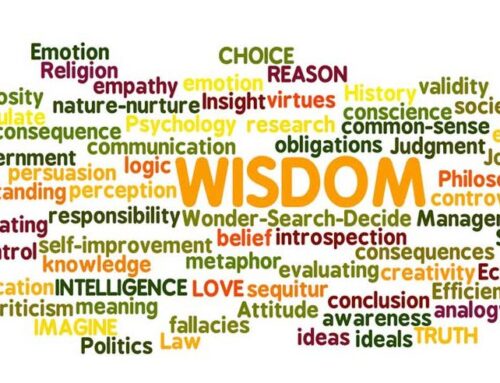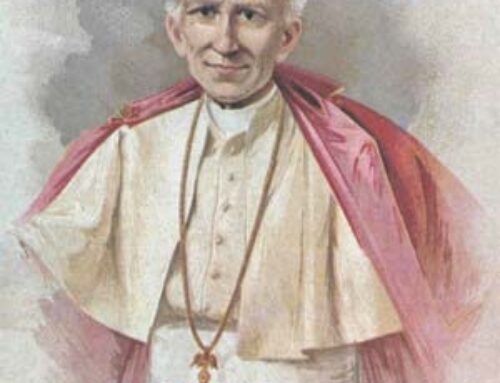 I am troubled by the term “American exceptionalism.” Those who know me will find this odd because I love my country, my eyes still fill with tears when I hear the national anthem, and I thank God that I was born here. What is more, I believe no other nation has done more than America to improve the world.
I am troubled by the term “American exceptionalism.” Those who know me will find this odd because I love my country, my eyes still fill with tears when I hear the national anthem, and I thank God that I was born here. What is more, I believe no other nation has done more than America to improve the world.
Why, then, am I troubled by the term “American exceptionalism”? Because it implies self-congratulation and therefore invites misunderstanding. It reminds me of the chant of cheerleaders, “We’re number one,” repeated incessantly regardless of the score of the game.
In my view, the last thing we need in these challenging times is to project arrogance, and the most foolish thing is to ignore the score of the game.
I am not suggesting that we should cry mea culpa where there has been no culpa, as President Obama has often done, but only that we avoid implying that Americans are better than the people of other nations. That is what the term “American exceptionalism” can easily convey—and not just to those who are looking for an excuse to hate us.
“American” in this context is ambiguous; it can refer either to the country or its people. And “exceptionalism” suggests outstanding, extraordinary, special. Therefore, it is understandable that “American exceptionalism” could be understood as an expression of self-congratulation. That may not be synonymous with arrogance, but it’s dangerously close.
Of course, America the country is extraordinary, but what makes it so is not us; it is the wisdom of the principles on which it was founded, notably:
- That human rights come from God and not government
- That all things human, including government, are imperfect
- That the rights of the individual require protection from those who would deny or curtail them
- That tyranny is best prevented by limiting government and dividing the powers of its agencies
- That authority resides in the people rather than in government
These principles, which were eloquently expressed in the first paragraph of the Declaration of Independence and amplified in the Bill of Rights, comprise a profound view of human nature and society. And the governmental system that view produced, with its guarantees of liberty and opportunity, is unique.
We are justified in being proud of these principles, but we should never forget that we did not earn them, any more than Jews earned their special covenant with God. The principles are a gift, as are the Founders who articulated them and the many generations of Americans that nurtured them. And the proper response to a gift is not self-congratulation but gratitude.
I said earlier that the most foolish thing we can do is to ignore the score of the game. I was referring, of course, to the “game” of history. There are growing indications that our nation’s “score” in that game is not as favorable as it was. As Dinesh D’Souza points out in America, our national and international problems have multiplied to the point where America’s future is uncertain. One no longer has to be a cynic to wonder how long America’s greatness will endure without renewed commitment to its founding principles.
One important step in making that commitment is to realize the emptiness of self-congratulatory terms, a message brilliantly conveyed in Percy Shelley’s poem Ozymandias:
I met a traveller from an antique land
Who said: Two vast and trunkless legs of stone
Stand in the desert. Near them on the sand,
Half sunk, a shatter’d visage lies, whose frown
And wrinkled lip and sneer of cold command
Tell that its sculptor well those passions read
Which yet survive, stamp’d on these lifeless things,
The hand that mock’d them and the heart that fed.
And on the pedestal these words appear:
“My name is Ozymandias, king of kings:
Look on my works, ye Mighty, and despair!”
Nothing beside remains: round the decay
Of that colossal wreck, boundless and bare,
The lone and level sands stretch far away.
Copyright © 2014 by Vincent Ryan Ruggiero. All rights reserved



